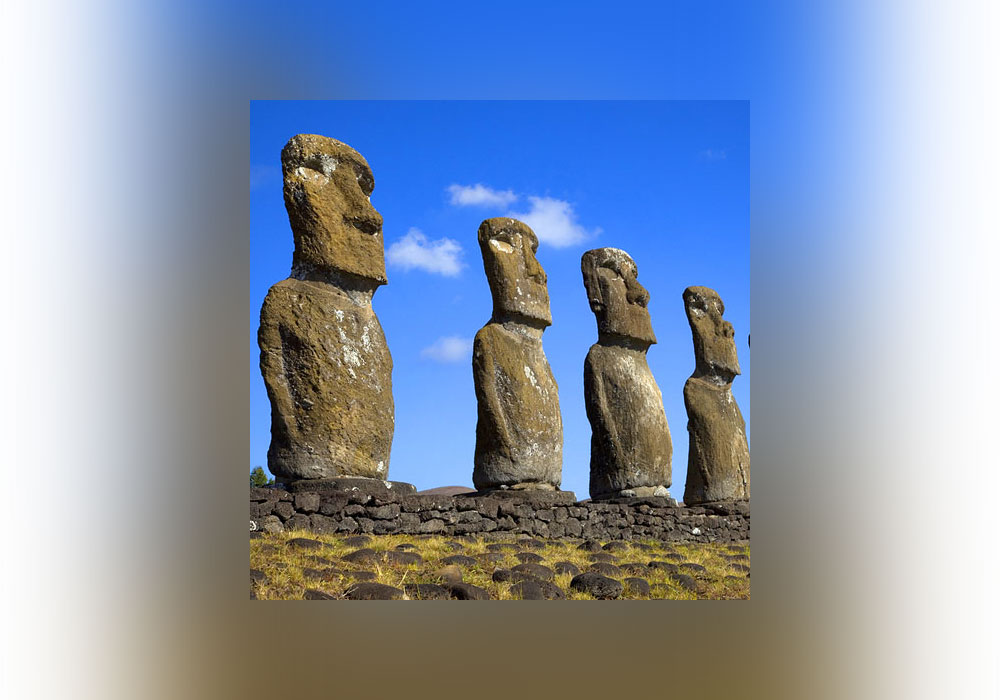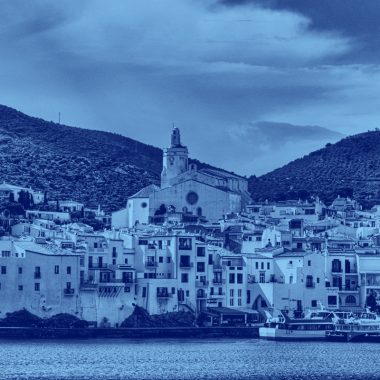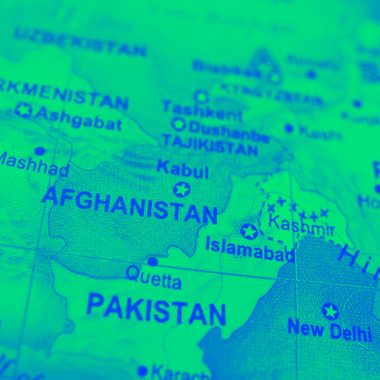Why Is Easter Island Named “Easter”?
The instantly recognizable statues on Easter Island (887 of them), called moai, have perplexed and fascinated explorers, experts and average folks since the Dutch explorer Jacob Roggeveen came across it in 1722. And Mr. Roggeveen is the reason it’s called Easter Island. He and his crew dropped anchor on Easter Sunday. The current inhabitants of Isla de Pascua (Spanish for “Easter Island”) call it Rapa Nui, a …







